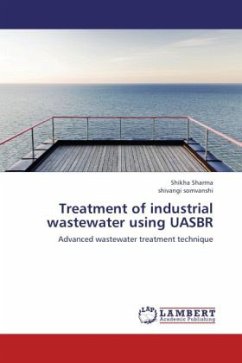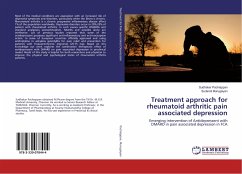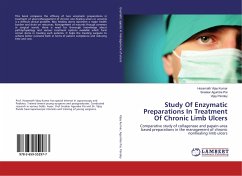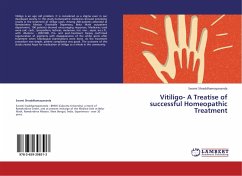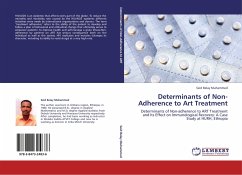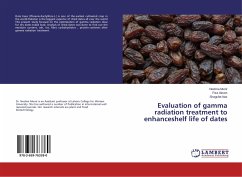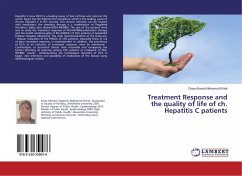Rapid urbanization and industrialization in the developing countries like India pose severe problems in collection, treatment and disposal of effluents. This situation leads to serious public health problems. Unmanaged organic waste fractions from industries, municipalities and agricultural sector decompose in the environment resulting in large scale contamination of land, water and air.Anaerobic treatment is widely used around the world as a biological stage in both domestic and industrial wastewater-treatment plants. Under anaerobic conditions, organic pollutants in wastewater are degraded by microbes producing methane and carbon dioxide. The degradation process is effective compared to the more conventional aerobic processes and produces less sludge. This saves considerably on cost associated with the sludge disposal. Among anaerobic technologies, the most popular ones is the upflow anaerobic sludge blanket (UASB).

